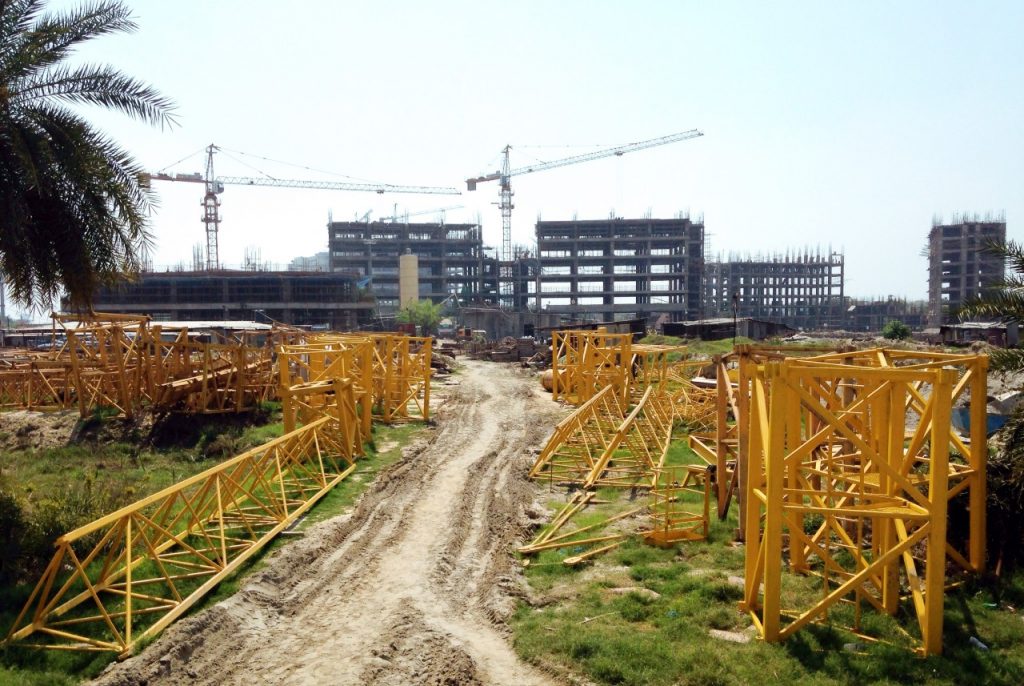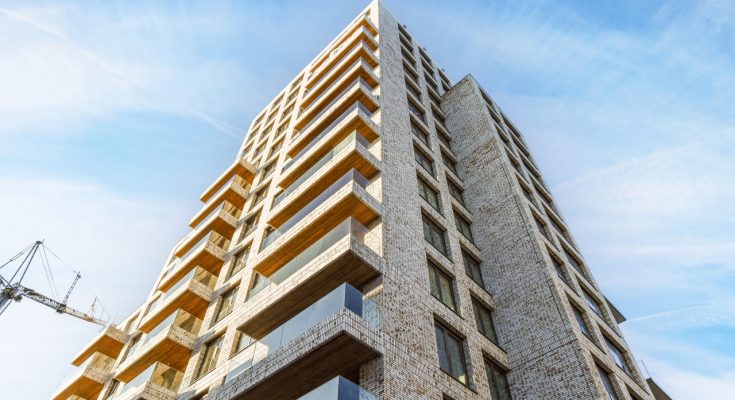Like it or not, Measure ULA passed after a tight race. If you’ve been following our blog, we covered the measure, popularly referred to as the “mansion tax”, in the weeks leading up to November’s election. At the time, we were uncertain where the ball would land. But now that Measure ULA has passed, we took some time to sit down with two of our commercial real estate experts to get their predictions.
UPDATE: Since our story, it appears some wealthy property owners in LA are already finding ways around Measure ULA. The LA Times reported examples in which luxury property owners are considering splitting their properties to sell together with each piece valued below $5 million. This has even extended to an example in which furniture is sold separately, keeping costs under the tax-triggering threshold. While these methods are illegal, they’ve allegedly already been considered as property owners desperately brainstorm ways to skirt the new tax.
The Laziness of the “Mansion Tax” Misnomer

“I hate the term ‘mansion tax’,” admits Arthur Chalekian before diving into the reasoning behind his disdain. “Measure ULA is a city tax, but most of the area’s mansions have been strategically carved out of the city districts. Therefore, they’re unaffected by Measure ULA. It would be much more accurate to call it the ‘commercial real estate’ tax. Maybe a mansion will get taxed here or there. But way more often, you’re going to see this tax affecting industrial warehouses, apartment buildings… even vacant land for development.”
Arthur is, of course, correct in the inadequacies of the “mansion tax” misnomer. Measure ULA is much too complex for such a limiting term. But regardless of its implications for the city’s mansions, we’re here to evaluate its impact on commercial investments.
Should New Investors Be Afraid of Measure ULA?
There seems to be one burning question on everyone’s minds. Do new commercial investors have anything to worry about with Measure ULA’s passage? “I think it depends on the overall play for the investor,” explains Blas Fernandez. “If the investor is looking at the asset as a short term play, then yes. Measure ULA will play a factor. It’s up to the investor at that point to weigh out all of the pros and cons prior to exiting the property.”
Arthur offers up an equally conditional assessment. “I think you need to be concerned about any kind of exit tax,” he cautions. “Exit taxes impact the ability to sell property in markets that aren’t so hot. And because of this, investors who have reliably done business in LA may be taking their business elsewhere if it means avoiding an extra exit tax.”

But Arthur also believes that investors who do their homework won’t have much to fear from the new measure. “In another way, investors don’t really need to worry about Measure ULA, as long as they stay educated on it,” he continues. “Knowing that these additional costs are there allows an investor to plan accordingly. Savvy investors shouldn’t have any trouble compensating for Measure ULA in their investment choices and during the negotiation process.”
The Threat of a Measure ULA Domino Effect
One of the major concerns expressed by agents outside of our organization is a fear of the Measure ULA domino effect. Basically, an increased exit tax would find commercial landlords raising rents which would pass on to retailers raising prices. A report conducted by the UCLA Lewis Center refuted these claims, citing that these shared or passed expenses wouldn’t come into play since sellers are ultimately responsible for transfer taxes. Blas agrees that investors should focus on other matters. “I think it’s a bigger concern for property owners when considering going to market,” he points out.
Arthur views the issue through his experience in financial advice and thus has a few concerns. “I think the UCLA report has a point if we’re only considering the seller’s experience, “ he admits. “But when the seller is hit with this exit tax, I can easily imagine them working that extra cost into negotiations so they still feel they’re adequately compensated. Ultimately, I think the exit tax will be a shared expense, even if it’s intended to strictly fall on the seller’s shoulders.”
New Property Development in a Post-ULA City
What does this mean for new property development? Blas is confident that it won’t slow things much. “I think developers are always hungry for new development opportunities; especially in this city,” he ventures. “They’ll figure out the logistics and make sense of the asset if the ROI is there.”

Arthur takes things in an even more hypothetical direction. “I think there are a couple of ways to look at it,” he ponders. “Measure ULA might create new opportunities for developers to purchase property at a discount if they’re given incentives for things like providing low income housing units. This is just hypothetical, of course, but seeing incentives being introduced in the near future would not surprise me. However, I could also see Measure ULA discouraging investors from selling their properties. And if they’re holding onto these properties with strict LA city rent control in place, you’re not likely to see a lot of new inventory.”
Rolling with the Punches
But Measure ULA doesn’t just threaten to confound commercial real estate investors. As we recapped in our previous blog, many real estate agents were dreading the passage of Measure ULA. Having already sparred with soaring interest rates and surging inflation this year, Measure ULA was less the straw that broke the camel’s back and more the entire bale. But JohnHart’s agents are made of sterner stuff. “Just add it to the list of what we’re already dealing with and we’ll roll with the punches,” laughs Arthur. “In the meantime, the passage of Measure ULA will likely send investors scrambling to sell before the tax goes into effect. As agents, it’s our responsibility to educate them through the process.”
Blas offers an equally optimistic approach. “I think this is a good test for agents and brokers to really step up our game and educate ourselves to provide skilled and experienced advice to our clients,” he explains. “Real estate is no longer about listing a property and hanging a for sale sign on the building. Those days are over. The real estate landscape will continue to change and it’s our responsibility to adapt and educate ourselves to provide the highest level of service.”
Facing the Future with a Plan
As Arthur points out, being prepared for anything is a wise course of action. “I think that the most important thing an investor can do now is schedule a meeting with their commercial advisor as soon as possible,” he elaborates. “This is the time to put together a plan for your assets. Because as more investors move their dollars outside of the city, things could get worse. And you’ll need an expert opinion.”
Fortunately, Blas, Arthur, and our entire roster of talented commercial real estate professionals are happy to answer your questions pertaining to your investment future. Call one of our agents today to start mapping out your investment plan in post-Measure ULA Los Angeles!




